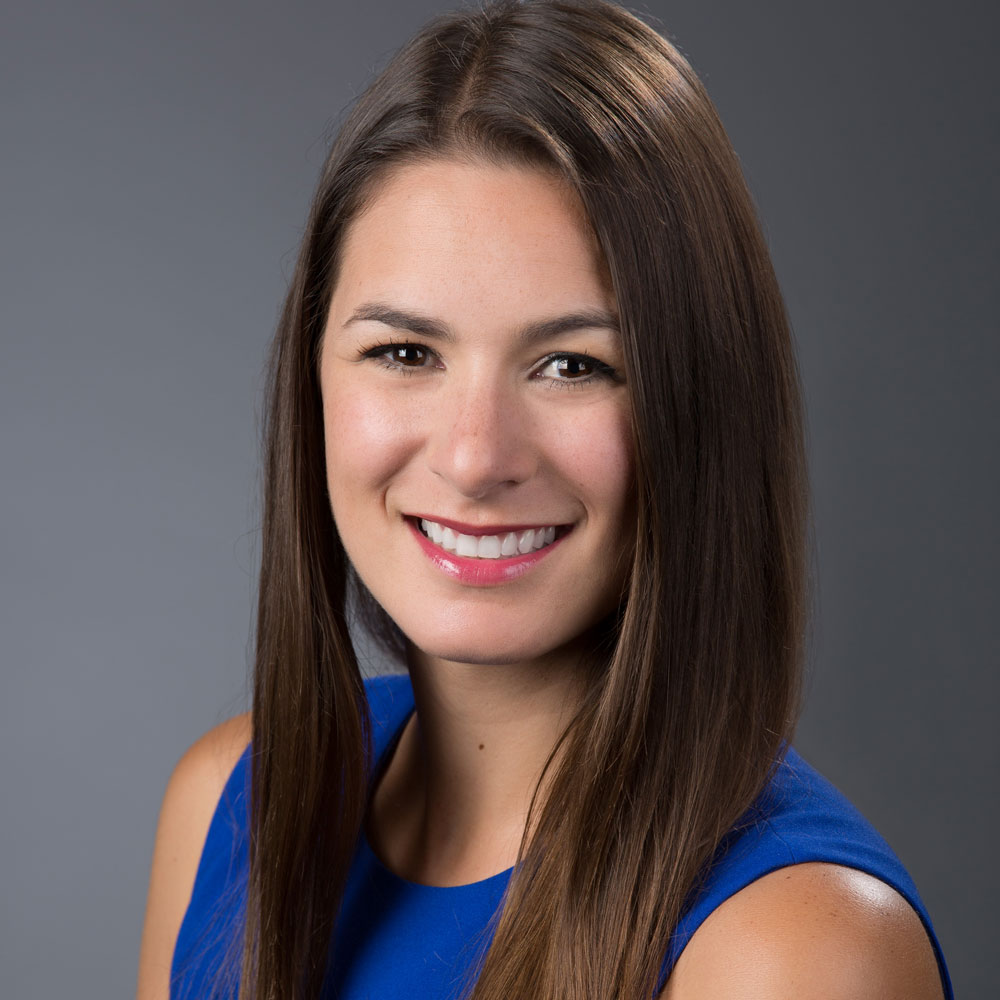Expert advice: How to spot sketchy nutrition info
You’ve probably seen them on social media — fitness-minded folks touting amazing new superfoods, diets or other nutritional schemes. But “fit-fluencers” who offer tips on healthy eating might not have the scientific background required to give sound advice, says University of Florida nutrition scientist and registered dietitian Michelle Cardel.
Even the title “nutritionist” means different things in different states, with some requiring no qualifications at all to dispense guidance.
“Do I believe most of these people are doing this to help others? Absolutely,” Cardel says. “But do good intentions make someone exempt from peddling misinformation? Unfortunately, no.”

Michelle Cardel
Misguided nutrition advice can be more than ineffective: It can be dangerous. Each year, over 20,000 people end up in the emergency room because of supplements, and a quarter of those cases are due to weight-loss related supplements. So how can you steer clear of bad or unhelpful information? Cardel, who has a doctorate in nutrition science, shares three signs that a fit-fluencer’s advice might be less than scientific.
Red flag #1: They make blanket statements such as “sugar causes cancer,” “carbs are bad for you,” or “no one should eat dairy” without peer-reviewed references to back them up.
“There is no one right way to eat,” Cardel says. “Your dietary pattern should be determined by your needs, likes, dislikes and medical history. A one-size-fits-all approach doesn't work. Just because somebody is fit and young and attractive doesn't mean that if you do what they do, you're going to look like them.”
It’s not just influencers: News stories mess up nutritional science, too. A 2014 study in the American Journal of Public Health found that news and media sites published lower-quality weight-loss information than medical, government or university sites and blogs. And in a 2016 study, Cardel and colleagues at the UF College of Medicine’s Department of Health Outcomes and Policy found the accuracy of Spanish-language weight-loss content to be even lower than English-language content.
Red flag #2: They’re trying to sell you something, like a supplement, detox or tea.
“Not everyone selling you something is a quack, but all quacks are selling you something,” Cardel says. “When people are struggling with their weight, they're in a really vulnerable place. It makes me sad to see people putting their trust in people who are in the business of offering a quick fix rather than evidence-based medicine.”
Red flag #3: They lack the credentials to dispense nutrition advice.
Registered dietitians and registered dietitian nutritionists hold a bachelor’s, master’s or doctoral science degree from an accredited university, have completed at least 1,200 hours of supervised practice and have passed a board-certifying exam. They also take continuing-education credits to maintain their credentials. Any other “nutritionist” isn’t held to these requirements, Cardel says.
Some in the fitness community dispute the value of those qualifications: CrossFit recently sparked a social-media uproar by tweeting an article arguing that licensing did more for dietitians’ paychecks than patients’ health. Cardel refutes that notion.
“We go to lawyers for legal advice, doctors for medical advice and physical therapists for physical therapy advice,” she says. “Training and credibility are important.”
If you like getting healthy-eating tips on social media, Cardel suggests following registered dietitians. She shares nutrition news and recipes on Twitter, Instagram and Facebook and recommends fellow RD Abby Langer’s blog, Twitter and Instagram.